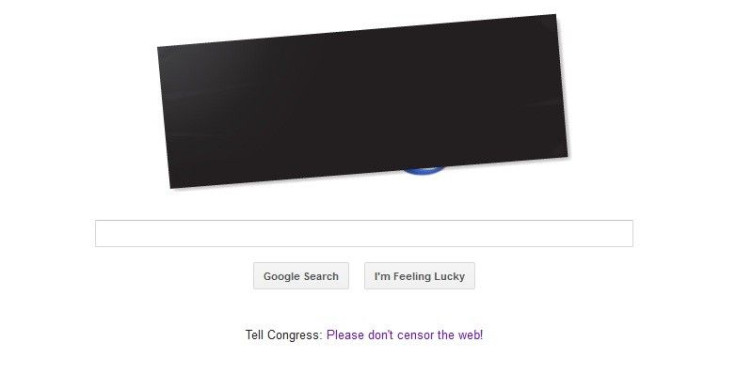‘Russian SOPA’ Anti-Piracy Law’s First Day Full Of Protests And A Failed Lawsuit

New anti-piracy laws, dubbed the “Russian SOPA,” went into effect in the country on July 31 and its first day in effect was met with criticism as well as a failed lawsuit. The bill’s detractors believe the anti-piracy laws are overreaching, claiming almost anyone could file a claim and force a site to shut down.
Russia’s anti-piracy laws are similar to the United States’ Stop Online Piracy Act, SOPA, and are supposed to give more power to copyright owners to stop the illegal spreading of their work. Agence France-Presse reports the “Russian SOPA” requires owners of copyrighted material to provide the Moscow City Court with documents, showing ownership of the work, to obtain a court order. After obtaining a court order, the copyright holder would contact Roskomnadzor, the Federal Service for Supervision in the Sphere of Telecom, Information Technologies and Mass Communications, in order to shut down the offending website. Roskomnadzor has established a website for copyright holders to file complaints.
The new laws have been met with plenty of criticism, notes AFP. Detractors of the bill include Google and Russia’s own search engine, Yandex, and they claim the laws are too vague which could lead to abuse or improper claims of copyright ownership forcing the shutdown of non-offending web sites. VTB Capital, “Russia’s national leader in global investment banking,” is also against Russia’s new anti-piracy laws.
According to AFP, VTB Capital sent a letter to its clients stating, “The new law makes it possible to shut down unwanted Internet resources by linking any piracy video to the website and submitting a lawsuit.” The biggest problem with the new law, argue the detractors, is that a website has to block any access to the alleged infringing files as the court issues its ruling. Even if the lawsuit is frivolous, a web site may be forced to block content.
Several popular Russian sites were a part of more than 1,700 sites that went dark in protest of the Russian SOPA, reports TechWeekEurope. Lurkmore.to, Habrahabr.ru, Zaycev.net and Mail.ru were among the sites that are protesting the Russian SOPA. A petition with more than 75,000 signatures has also been launched and needs to reach 100,000 signatures in order to be considered by the Russian parliament.
Russia’s anti-piracy laws currently cover television shows and movies but will expand to include music later this year. The first day of the Russian SOPA also featured its first failure. TorrentFreak notes Cinema Without Borders, a movie distributor, filed a lawsuit against vKontakte, Russia’s Facebook, under the new anti-piracy laws. The Moscow City Court ruled against the distributor, citing a lack of paperwork, as Cinema Without Borders failed to prove they were the owners of the copyright material in question as they only provided copies of documents and not the originals.
© Copyright IBTimes 2025. All rights reserved.





















